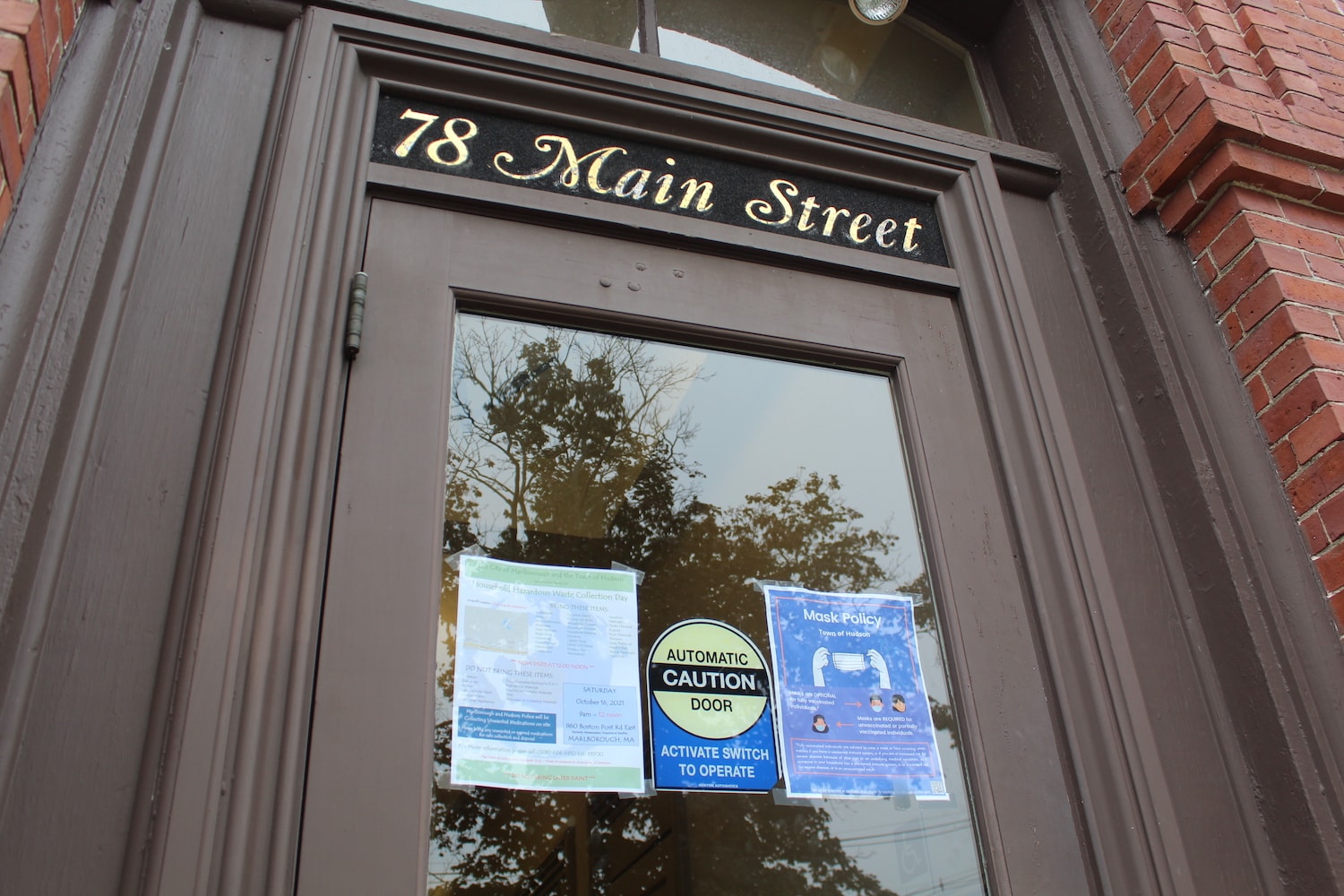
HUDSON — The 2023 Annual Town Meeting passed Article 1, which added a new section in the Hudson bylaws pertaining to stormwater utility.
The impact is that the Department of Public Works will be able to establish a stormwater management program that will be funded by a utility fee.
On May 1, Department of Public Works Director Eric Ryder explained that the article’s purpose was to establish groundwork for a financially sustainable program. At the 2022 Fall Town Meeting, a feasibility study was done, and a stormwater enterprise fund was created.
Ryder said there was public engagement at the Hudson Senior Center and condominium associations to present the article’s contents. As Ryder described, the needs called for updates to aging infrastructure; maintaining regulatory compliance; continuing operation and maintenance; and cleaning catch basins.
Hudson has an estimated $88 million in assets, including 107 culverts – four of which failed – and 224 outfalls and 3,436 catch basins that are required to be cleaned. In addition, there have been several culvert replacement projects on Cox Street and the Main Street bridge area, which are part of the $1.1 million spent each year.
The utility user fee goes into the enterprise fund, Ryder said.
“It’s [a] stable, dedicated funding source based on approved rates,” he added.
Without the fee, he said they would need an override or have to cut the budget. The fee is based on the amount of impervious area, or a hard area that does not allow water to seep into the ground. There are two set fees, $99 per year and $139 per year, which applies to an area with a larger burden to stormwater catch basins.
He said only about 18% of the Hudson residents would see the $139 fee and the rest would fall under the smaller fee. If there was an override, it would cost the average taxpayer $171 per year.
The article garnered support and raised questions for residents.
John Parent said both the Finance Committee and the Select Board supported the article, and knowing how they work, he knew that they would take “extra care” in considering it.
He added, “Anything that affects the citizens, the residents of the town has a special interest for both boards. So when you see that they made a unanimous recommendation, that should carry some weight.”
These boards must ask what is in the best interest for the town of Hudson, he noted. That is why he believed those in attendance should support the article. He noted the enterprise fund defines that funds can only be used for stormwater needs, as opposed to having unused money being put into the general fund and used for other things.
He said it comes down to having clean drinking water, which he called a “real big deal.”
Joe Marinelli said while stormwater management is important, he believed the town can remain in compliance with other funding avenues, like Proposition 2 1/2.
He added, “This is simply an end-run around Proposition 2 1/2. We can look at what we’re spending. We can spend less somewhere else.”
Several capital items passed in Article 4 as well. The total $1,615,248 in capital projects would be funded through free cash and included boiler replacements at C.A. Farley Elementary School for $398,000, three police cruisers and a Ford Mustang electronic vehicle for a combined $270,500, a utility C-4 truck for $165,000 and police storage and server replacement for $154,562.
For the DPW, there were several capital projects, such as roadway resurfacing for $300,000, the DPW garage environmental analysis and survey for $60,000, a Ford F-150 Lightning EV for $58,000 and EV charging infrastructure for $30,000.
RELATED CONTENT












